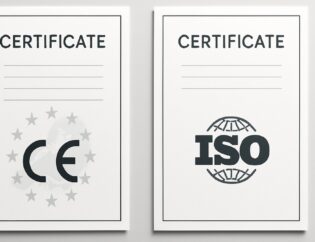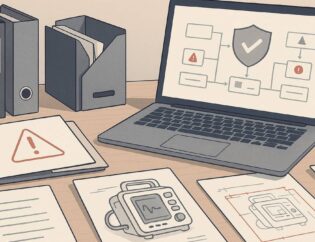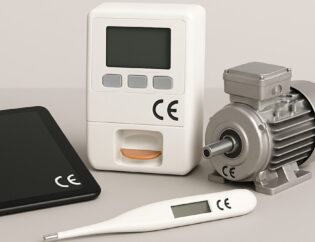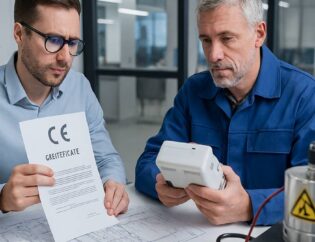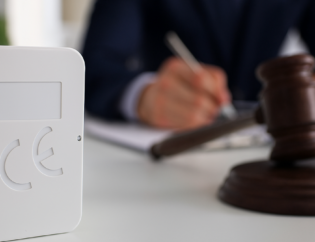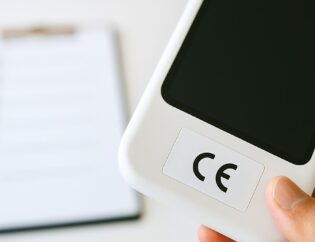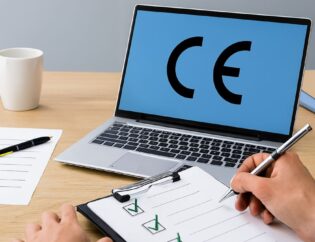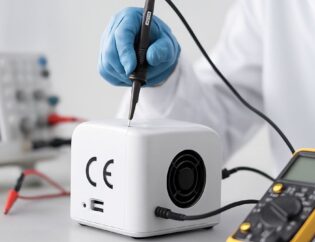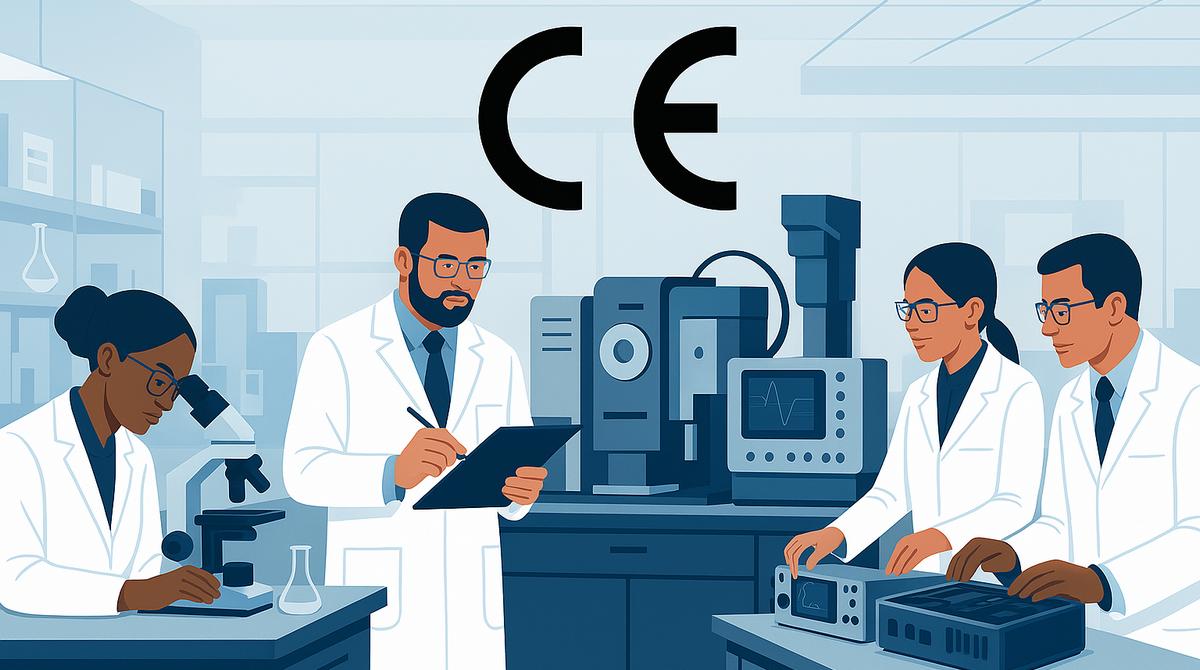
Why is the Selection of the Right Laboratory Critical in CE Certification Tests?
In the CE certification process, one of the most crucial steps is ensuring that product tests are conducted in competent and accredited laboratories. No matter how high-quality a product is, faulty test procedures or choosing an inadequate laboratory can negatively impact the CE marking process.
This article outlines the key criteria and evaluation points to consider when selecting a laboratory for CE certification testing.
Laboratory Accreditation
A laboratory's accreditation to the EN ISO/IEC 17025 standard is of utmost importance in the CE certification process. Accreditation proves the laboratory's competence in measurements, quality management, and technical reliability.
Things to Check:
- Which test methods the laboratory is accredited for
- The validity of the accreditation
- The accreditation body (e.g., TÜRKAK, DAkkS, UKAS)
Compliance with Applicable Standards
The EU harmonized standards applicable to your product form the foundation for selecting a laboratory. The laboratory must have the testing infrastructure according to the relevant standards for your product type.
Examples:
- For EMC Directive: EN 55032, EN 61000-6-1
- For LVD (Low Voltage Directive): EN 60335-1
- For Toy Safety: EN 71 series
Test Equipment and Technology Level
The validity of the tests depends on the laboratory's equipment being calibrated, up-to-date, and of adequate capacity.
Factors to Consider:
- EMC shielding and test chamber insulation
- Environmental testing capabilities (temperature, humidity, shock testing)
- Regular calibration records
❗ Incorrect calibration can lead to the invalidation of test reports.
Report Quality
Test reports are a crucial element of the technical file in the CE marking process. The reports must meet the following criteria:
- Be prepared in English (and/or Turkish if necessary)
- Present measurement results clearly and in an interpretable manner
- Document the equipment and procedures used
Incomplete or inadequate reporting can lead to delays and additional costs for the manufacturer.
Timeliness and Planning Competence
Timing plays a critical role in the CE certification process. The laboratory must provide clear information regarding the testing timeline.
Things to Inquire About:
- Time required for booking appointments
- Duration of the testing process
- Report delivery schedule


